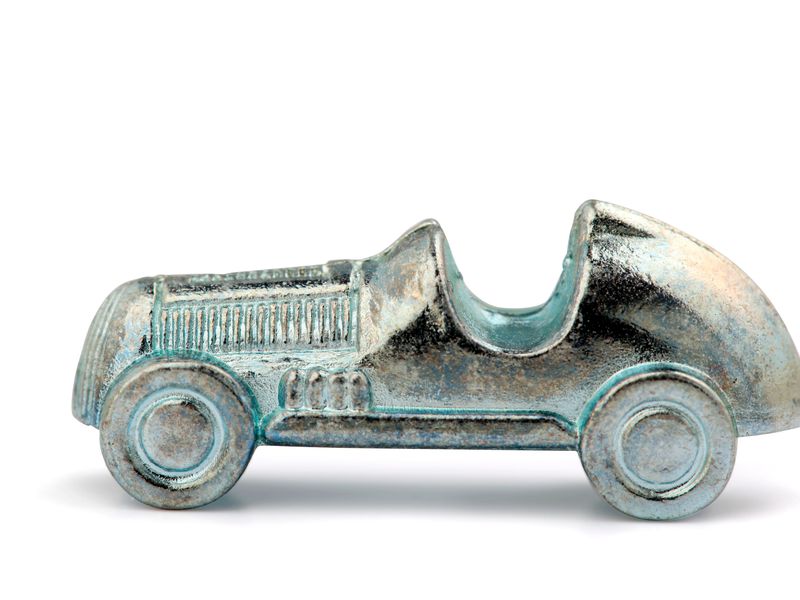From the 1930s, in the height of the Great Depression, a down-on-his-luck family guy named Charles Darrow devised a game to amuse his friends and nearest and dearest, employing an oilcloth for a playing surface. He predicted the game Monopoly, and if he offered it to Parker Brothers, he became incredibly wealthy –an uplifting Horatio Alger story of homegrown invention if ever there was one.
Or can it be? I spent five years exploring the game’s background for my new novel, The Monopolists: Obsession, Fury, and the Scandal Behind the World’s Favorite Board Game, and discovered that Monopoly’s story began decades before, using an all-but-forgotten girl named Lizzie Magie, an artist, author, Chairman and feminist.
Back in 1893, she patented a gadget which fed different-sized newspapers through a typewriter and enabled more type on a single page. In 1904, Magie obtained a patent for the invention she predicted the Landlord’s Game, a square board with two square areas on each side, place between corners labeled “Go to Jail” and “Public Park.” Players circled the board purchasing railroads, amassing money and paying rent. She composed two sets of principles, “monopolist” and “anti-monopolist,” but her stated aim was to show the evils of vast quantities of wealth at the cost of others. A firebrand from the railing, steel and petroleum monopolists of her period, ” she told a reporter at 1906,”In a brief while, I expect a really brief time, women and men will find they are bad because Carnegie and Rockefeller, possibly, have more than they know exactly what to do with.”
The Landlord’s Game has been sold for a little while with a New York-based publisher, but it propagate freely in passed-along homemade versions: one of intellectuals across the Eastern Seaboard, fraternity brothers in Williams College, Quakers residing in Atlantic City, authors and toxins such as Upton Sinclair.
This was a Quaker iteration which Darrow replicated and marketed to Parker Brothers in 1935, together with his tall tale of motivated creation, a brand new layout by his buddy F.O. Alexander, a political cartoonist, and what’s surely among U.S. history most-repeated spelling mistakes: “Marvin Gardens,” a friend of Darrow’s had mistranscribed from “Marven Gardens,” a locality at the Atlantic City region.
Magie, by then married into a Virginia businessman (but nevertheless seemingly a dedicated anti-monopolist), sold her patent to Parker Brothers for $500 the exact same calendar year, originally thrilled her instrument for teaching concerning economic inequality would ultimately get to the masses.
She was half perfect.
Monopoly became a hit, selling 278,000 copies in its first season and over 1,750,000 the second. However, the game dropped its link to Magie along with her review of American infantry and came to mean pretty much the reverse of what she had hoped. It’s instructed generations to cheer whenever someone goes into bankruptcy. You may play with it in your own iPhone, win prizes by paring off game decals off your McDonald’s French fries, or amass untold “Banana Bucks” at a picture tie-in version commemorating Universal’s Despicable Me two .
In terms of Magie, I found that a curious trace of her while hunting through recently digitized federal records. At the 1940 census, taken eight years until she expired, she listed her occupation as a “manufacturer of matches.” In the column to her income she wrote,”0″

